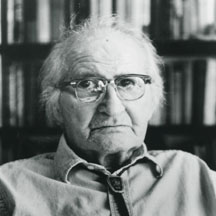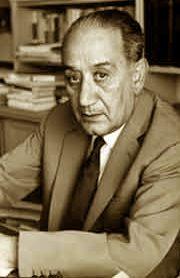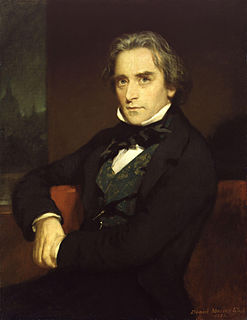A Quote by Nelson Algren
A book, a true book, is the writer's confessional. For, whether he would have it so or not, he is betrayed, directly or indirectly, by his characters, into presenting publicly his innermost feelings.
Quote Topics
Related Quotes
Detach the writer from the milieu where he has experienced his greatest sense of belonging, and you have created a discontinuity within his personality, a short circuit in his identity. The result is his originality, his creativity comes to an end. He becomes the one-book novelist or the one-trilogy writer.
I suppose it's possible that a writer would have feeling for his characters, but I can't see how, because writing is such a meticulous, intricate, technical business. I wish I could say that I love my characters and that frequently they take over the book and run away with the plot and so on. But they don't exist.
The best morals kids get from any book is just the capacity to empathize with other people, to care about the characters and their feelings. So you don't have to write a preachy book to do that. You just have to make it a fun book with characters they care about, and they will become better people as a result.
That's one thing I like about Hollywood. The writer is there revealed in his ultimate corruption. He asks no praise, because his praise comes to him in the form of a salary check. In Hollywood the average writer is not young, not honest, not brave, and a bit overdressed. But he is darn good company, which book writers as a rule are not. He is better than what he writes. Most book writers are not as good.
Of all the everyday plants of the earth, grass is the least pretentious and the most important to mankind. It clothes the earth is an unmistakable way. Directly or indirectly it provides the bulk of man's food, his meat, his bread, every scrap of his cereal diet. Without grass we would all starve, we and all our animals. And what a dismal place this world would be!
If my novel gets any attention in Bulgaria, it will be as a scandal: a book about a teacher at a famous school and his relationship with a prostitute. I doubt very much it will be evaluated on its merits as literature. If Bulgarian were the book's only language, that would be painful and limiting to me as a writer. Since my book also exists in English - where it isn't scandalous at all - I feel comfortable with the possibility of scandal.
Because he did not have time to read every new book in his field, the great Polish anthropologist Bronislaw Malinowski used a simple and efficient method of deciding which ones were worth his attention: Upon receiving a new book, he immediately checked the index to see if his name was cited, and how often. The more "Malinowski" the more compelling the book. No "Malinowski", and he doubted the subject of the book was anthropology at all.
Chapter One. The Bride." He held up the book then. "I'm reading it to you for relax." He practically shoved the book in my face. "By S. Morgenstern. Great Florinese writer. The Princess Bride. He too came to America. S. Morgenstern. Dead now in New York. The English is his own. He spoke eight tongues." Here my father put down the book and held up all his fingers. "Eight. Once in Florin City...






































